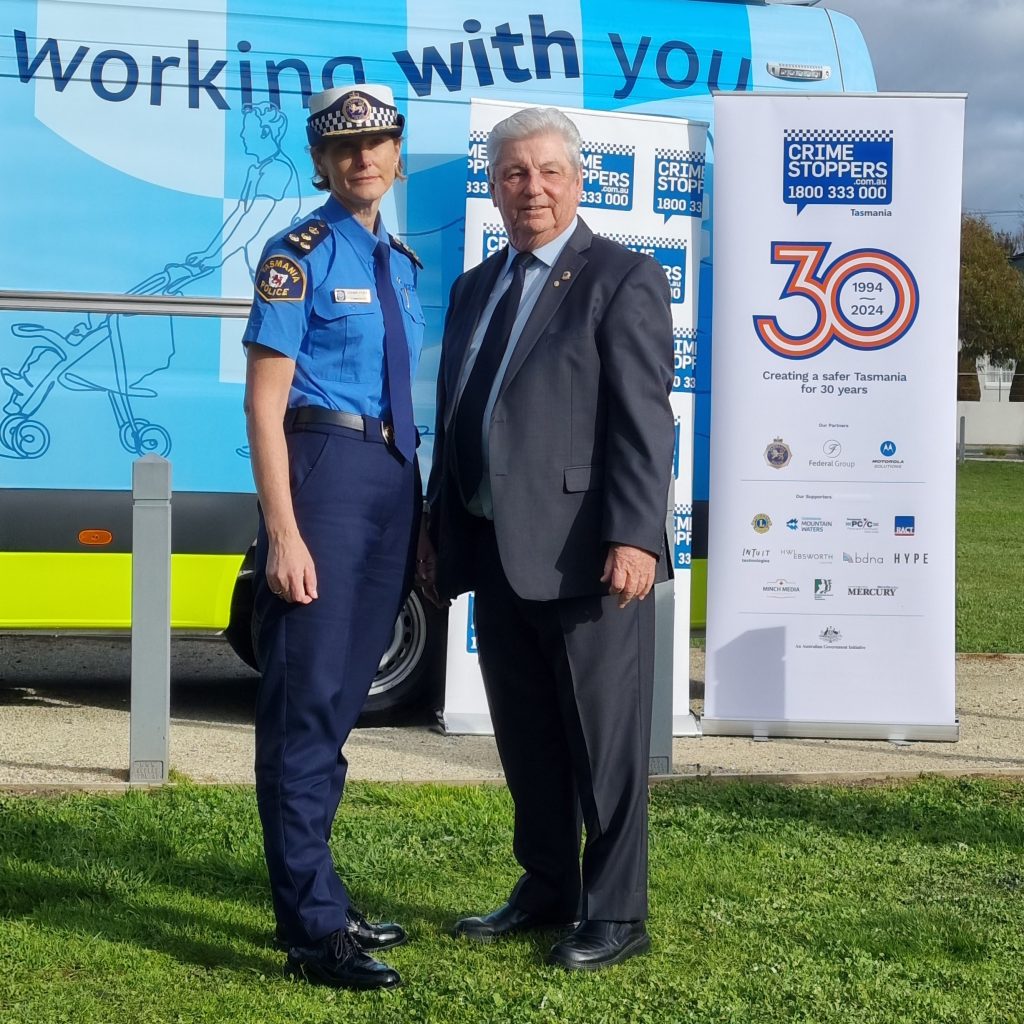Posting Isn’t Reporting – Speak Up, Make a Tip, Make a Difference.
Crime Stoppers Day 2025 highlights the cost of posting information online rather than sharing what you know with authorities
Social media is deeply woven into our everyday lives. We use it to stay connected, stay informed and speak out. Whether it’s online neighbourhood groups, community pages or group chats, it’s become second nature to share what we see and hear online.
But while social media can help build connected communities, it can also come at a cost – especially when it becomes a substitute for meaningful action.
That’s the confronting message behind a national campaign launched today by Crime Stoppers to mark Crime Stoppers Day 2025, calling on everyday Australians to stop assuming someone else will take action when it comes to crime and community safety.
Titled “Don’t just post it, report it!”, the campaign directly challenges the growing culture of online commentary without offline consequences. It urges people who see, hear or suspect criminal or suspicious behaviour to stop leaving vital information in group chats or social media threads – and start reporting it where it truly counts.
Crime Stoppers Tasmania Chair David Daniels OAM, says while social media has changed the way we share information, it’s also created a dangerous illusion of action.
“Now that we’re always online with our phones, it’s easy to turn to social media to express our concerns or warn others – but typing isn’t telling,” Mr Daniels said.
“People might post about someone acting suspiciously in their street or share a rumour about local crime and feel like they’ve done their part. But if that information never reaches police, then nothing actually gets done.”
Mr Daniels says while social media may feel immediate and impactful, it does little to help police track down offenders, prevent crime or keep communities safe.
“We need to do more than just share what we know to our community pages or to our family and friends on social media,” he said. “Real action means sharing that information with Police – or you can make a tip to Crime Stoppers and stay anonymous if you choose. It’s simple, and it helps stop criminals in our communities.”
The campaign highlights real-world scenarios:
- A stranger caught on CCTV trying car doors, with the vision shared on a local social media page.
- Potential drug dealing activity near a park, with people caught on camera coming and going from the location.
- A person posting home security camera vision of someone stealing a package from the front of a home, with a contributor claiming to have a picture of the suspect’s face.
- A man seen stealing tools from the rear of a work ute, with other people in the group posting comments about where he can be found and who he is.
“In all of these cases, the intent might be right – but the outcome isn’t. If the information stops at social media, then police can’t act, offenders stay under the radar and communities remain exposed.
“Crime Stoppers gives people a safe and anonymous way to speak up. You don’t have to give your name, make a formal statement or go to court. All we ask is that you share what you know – so it can be properly assessed, potentially linked to other reports and acted on by police,” Mr Daniels said.
Supporting this campaign, Tasmania Police Commander Community Engagement Jo Stolp warns that unverified posts can spread misinformation and even lead to vigilante-style behaviour, or the public shaming of innocent people.
“Beyond inaction, the misuse of social media can cause real harm. Police don’t monitor local social media forums, so we won’t see what’s been shared online unless someone reports it,” Commander Stolp said.
“We don’t want to see heightened concerns in our communities about incidents that never happened or weren’t crimes at all.
“We also don’t want to see reputations destroyed by people jumping to conclusions and naming names without proof.
“To assist police investigations, information from the public is vital, both in detecting offenders and deterring and reducing criminal behaviour.”
If you see illegal, unlawful or suspicious behaviour, please report it to police at the time by calling 131 444. In an emergency call triple zero (000).
Information about crime can also be provided anonymously to Crime Stoppers Tasmania online at crimestopperstas.com.au or on 1800 333 000.
Crime Stoppers programs operate in every state and territory, offering anonymous ways to report suspicious activity, criminal behaviour or information about past crimes. Every tip, no matter how small it may seem at face value, has the potential to solve a case or prevent future harm.
“Every one of us has a role to play. Being a good neighbour, a concerned parent or a watchful community member means stepping up when something feels off,” Mr Daniels said.
“Whether it’s a gut feeling, something you saw or something you heard – don’t just talk about it online. Take that extra step and report it to Crime Stoppers. Because real change doesn’t come from posts – it comes from action.”

To report information anonymously: crimestopperstas.com.au or call 1800 333 000.
For police assistance: call 131 444
In an emergency: call 000
